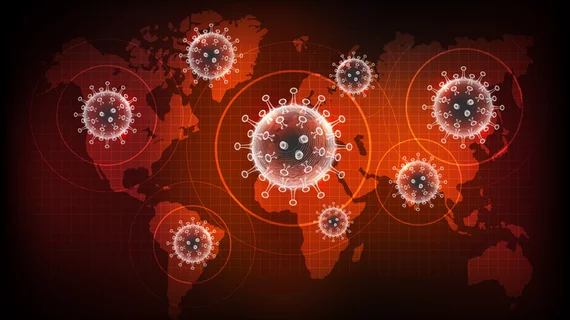Apple and Google join forces for COVID-19 contact tracing
Technology companies Apple and Google have teamed up to build an element of contact tracing to aid in the COVID-19 response. Its new technology, Exposure Notifications, enables public health agencies to create apps using the two companies’ API.
Contact tracing is an important part of the COVID-19 response, as people can be warned when they’ve come into contact with someone who may have been infected by the virus and public health officials can trace the progression of the disease. Google and Apple previously announced last month they were working on a way to alert user when they were in contact with someone who was COVID-19 positive.
“Starting today, our Exposure Notifications technology is available to public health agencies on both iOS and Android,” a joint statement from the companies reads. “What we’ve built is not an app—rather public health agencies will incorporate the API into their own apps that people install. Our technology is designed to make these apps work better.”
Users decide whether to opt into Exposure Notifications and the system does not collect or use location from the device. It is also up to a person if they are diagnosed with COVID-19 whether or not to report their diagnosis in the public health app.
“Today, this technology is in the hands of public health agencies across the world who will take the lead and we will continue to support their efforts,” the statement concludes.

